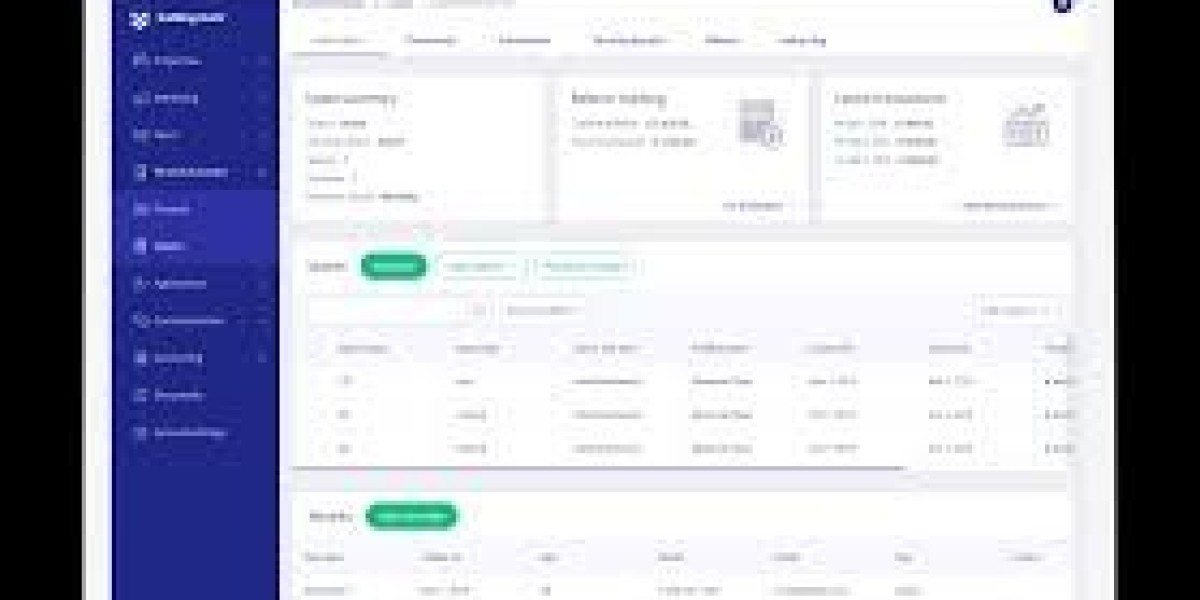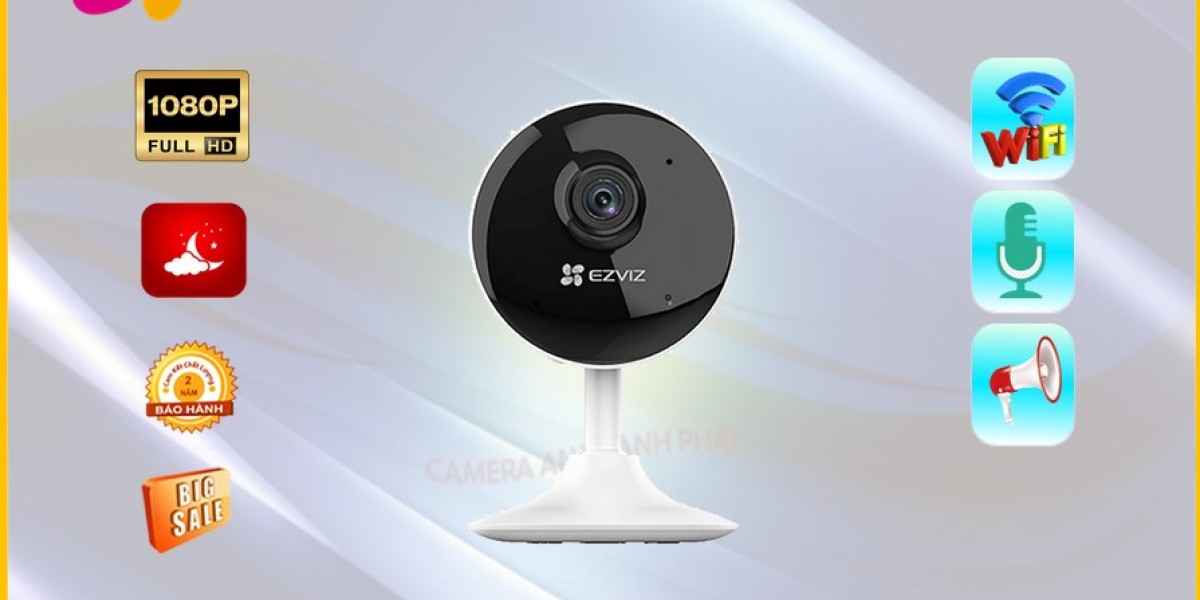Property management software is a necessity in today’s hustling real estate world where investors are always on the lookout to maximise their return on investment (ROI). The advent of advanced property management software to help us with this task has made it easier and hassle free. Whatever you are trying to achieve, whether a small rental of a commercial building with a few tenants or a numerous portfolio of residential properties, advanced property management software can help you achieve your tasks in a better, smoother way that adds to your profit by enhancing efficiency and streamlining the operations of the property. This article discusses a few tips and best practices that will help you maximise your ROI using advanced property management software.
Understanding the Role of Property Management Software
Property management software is a purpose-built tool for automating many aspects of real estate management including the screening and approval of tenants, lease management, maintenance scheduling, and creating financial reports. It provides a centralised solution for the management of very different data.
Key Features of Effective Property Management Software
Finding the right property management software will have a major impact on your ROI so here is what to look for:
Tenant and Lease Management: Efficiently manage tenant information, leases, rent payments, and lease renewals.
Maintenance Management: Keep track of, schedule and prioritise tasks in order to keep your properties in good condition and make sure your tenants are happy.
Financial Reporting: Generate detailed financial reports, such as income statements, balance sheets and expense tracking, to gauge a property’s performance.
Online rental portal: Allow tenants to pay rent, submit requests for maintenance and communicate with their landlord via an online rental portal, making it easier and more satisfying.
File management: Keep track of your documents like leases, agreements and inspection records.
Streamlining Operations with Automation
Automation is an important feature of high-end property management software that can help to boost productivity and drive down costs. Here is a breakdown of how automation can help by maximising ROI:
Automaated Rent Collection: Setup autopay to scale your rent collection. It will help you to collect the rent on time and to avoid late payments and delinquency.
Submit Maintenance Requests: Allow tenants to submit maintenance requests online with automatic forwarding to the relevant parties for quick redressal.
Lease Renewals: Get reminders ahead of the renewal dates for leases and automate renewal requests to reduce vacancies and turnover.
Enhancing Tenant Satisfaction
Happy tenants are more likely to renew their leases and recommend your properties to acquaintances, and that adds to your ROI. Feeling empowered use of property management software can advance tenant satisfaction through:
Ensure online tenant portals for rent payment, maintenance requests and management communication so tenants track and communicate issues at the click of a button and easily enjoy responsive service.
1. Matters promptly resolved: Maintenance requests and other tenant issues and questions are promptly addressed with automated systems. 2. Tenant retention: Tenants feel more inclined to stay in their units longer because of automated system, which improves the reputation and revenues of the establishment.
Optimizing Financial Management
Here it the things that real estate developing company can improve when they use good property management software. 1. Financial management. Keeping track of financial positions is important to maximize the return on investment. Property management software helps this because the system can quickly collect data and provide users with information on who owes money, who has paid, who has rent payment issues, where the company is financially, and who owns what. This will make productivity increases because real estate investing companies can use the information to their advantage and lessen their loss of return on investment.
• Expense Tracking Keep track of expenses for each property with this feature. This enables users to prepare their budget properly and avoid overspending.
I’m tracking rent payments with a target date, and also see where accounts are being paid outside of that target – or even not being paid at all. It makes cash-flow management proactive rather than reactive.
Financial Reporting: Provide end-of-day reporting capabilities that enable the production of high-level financial reports such as profit margin, occupancy (lodging/hospitality) and more.
Leveraging Data for Informed Decision-Making
Data-driven decision-making is crucial for maximising ROI, and there are a range of data-driven software solutions now available to help, as well as support systems to simplify and speed up implementation for those working within the industry. Most of the advanced software solutions now available also offer a more generalised desired outcome: effective reporting and robust analytics.
Track operational requirements and Key Performance Indicators (KPIs) such as occupancy rates, rental income, maintenance costs, and find out where the opportunities lie.
Forecast and Predictive Analysis: leverage the power of historical data and predictive analytics in order to forecast future trends and anticipate market changes in order to proactively optimise assets and capitalise on new potentials in the process of optimising property performance and profit.
Scalability and Growth Opportunities
Scalability of the property management software is also a crucial factor to consider. Whether you have a small or a big property portfolio that you manage, the software has to be able to:
Sizing up your Business: rise to meet the rising demands of your portfolio without compromising on performance or efficiency.
Scale: Allow for seamless expansion into new properties or units while maintaining a unified approach in managing the entire portfolio.
Integrating with Other Tools and Services
For even better efficiency while maximising ROI, property management software should work with other tools and services, such as:
Sync with accounting software: Automatically move data from Shopify to accounting software, such as Reckon and Xero, to make bookkeeping and financial reporting a breeze.
Integrated Communication Tools: Link with the communication tools to assist property managers, tenants and the facility maintenance teams in coordinating with each other.
Implementing Best Practices for Success
Following are best practices to make the most of sophisticated property management software and realise maximum returns on investment:
Keep up with updates. Install regular software updates and new versions of apps. This way, you benefit from new features and improvements.
Training and support – ongoing training of staff to ensure their skill with the software is maintained over time.
Feedback and Adaptation: Gather feedback from users and stakeholders to determine where the processes can be improved and make adaptations.
Conclusion
To sum up, investing in a professional property management software is a clever move that enables real estate investors and property managers to achieve remarkable ROI results. Through automation, improving tenant experience, streamlining financial handling and








